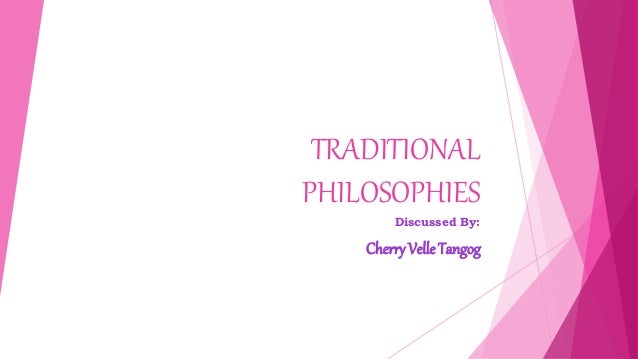6 Educational Philosophies
Ever since I was a little girl, I knew that in my future I wanted to become a teacher. I always looked up to my teachers, especially the ones I had in elementary school. I even played 'school' with my friends and pretended I had my own classroom. I loved being in charge. During a summer, I was given the opportunity to work as an Energy Express mentor and work with a group of eight children. This was one of the most wonderful experiences I have ever been through. I was a mentor to help guide the children, and by the end of the summer I felt as if I had really accomplished something. I am planning to pursue a career in elementary education. I love children, and just knowing that as a…show more content…
It is important to encourage the development of thinking and reasoning to enable students to use their minds. Education is important because it gradually prepares students for a future career.
As a teacher, I will try to enrich the minds of students. I want them to understand the importance of education. I hope to serve as a role model and gain respect from all of my pupils. I trust that my teaching strategies will be inspiring, and my dedication and passion for teaching obvious. I hope that after every successful year of teaching I develop a feeling of satisfaction. I want my students to have an understanding of education and a positive outlook on life. I hope that by my passion for teaching I will have an impact on my students. I want them to walk away with a continuing eagerness and motivational drive to learn and advance.
Cooperative learning will be a method I use in my classroom. I believe that in a cooperative learning group a student can learn socialization skills and how to work with others. This goes along with the pragmatic/progressive philosophy that children learn by doing. The progressivism teaching style also includes the incorporation of problem-solving and critical thinking techniques. I want my students to learn to think for themselves and be able to function in society. At the same time, I will be a fellow learner myself and
6 Educational Philosophies Practice

My philosophy for education is a multi-part philosophy that encapsulates the idea of holistic and inclusive learning. The philosophy caters for the overall shaping and development of the young mind and includes aspects of balanced training, incorporated teachings and it generally focuses on training students to become teachers. Spread the loveStudent-centered philosophies are another essential philosophy that educators should be aware of. By focusing on the needs of students, teachers are able to assist and teach students within the classroom ensuring a higher level of student success. In this article three types of student-centered philosophies will be discussed which are progressivism, social reconstructionism,. Analogies of Educational Philosophies Reconstructionism Reconstructionism is like the Civil Rights Movement because the student is capable of adapting and initiating change, and thus a critical agent of social change. Progressivism Progressivism is like an onion because learning. Start studying Educational Philosophies. Learn vocabulary, terms, and more with flashcards, games, and other study tools. 6 Educational Philosphies.


6 Educational Philosophies Test
Main types of philosophies that may help you to form your teaching philosophy and write your teaching statement - Perennialism, Essentialism, Romanticism and Progressivism. A mix of more than two philosophies is called Eclecticism. Perennialism values knowledge that transcends time. A subject-centered.